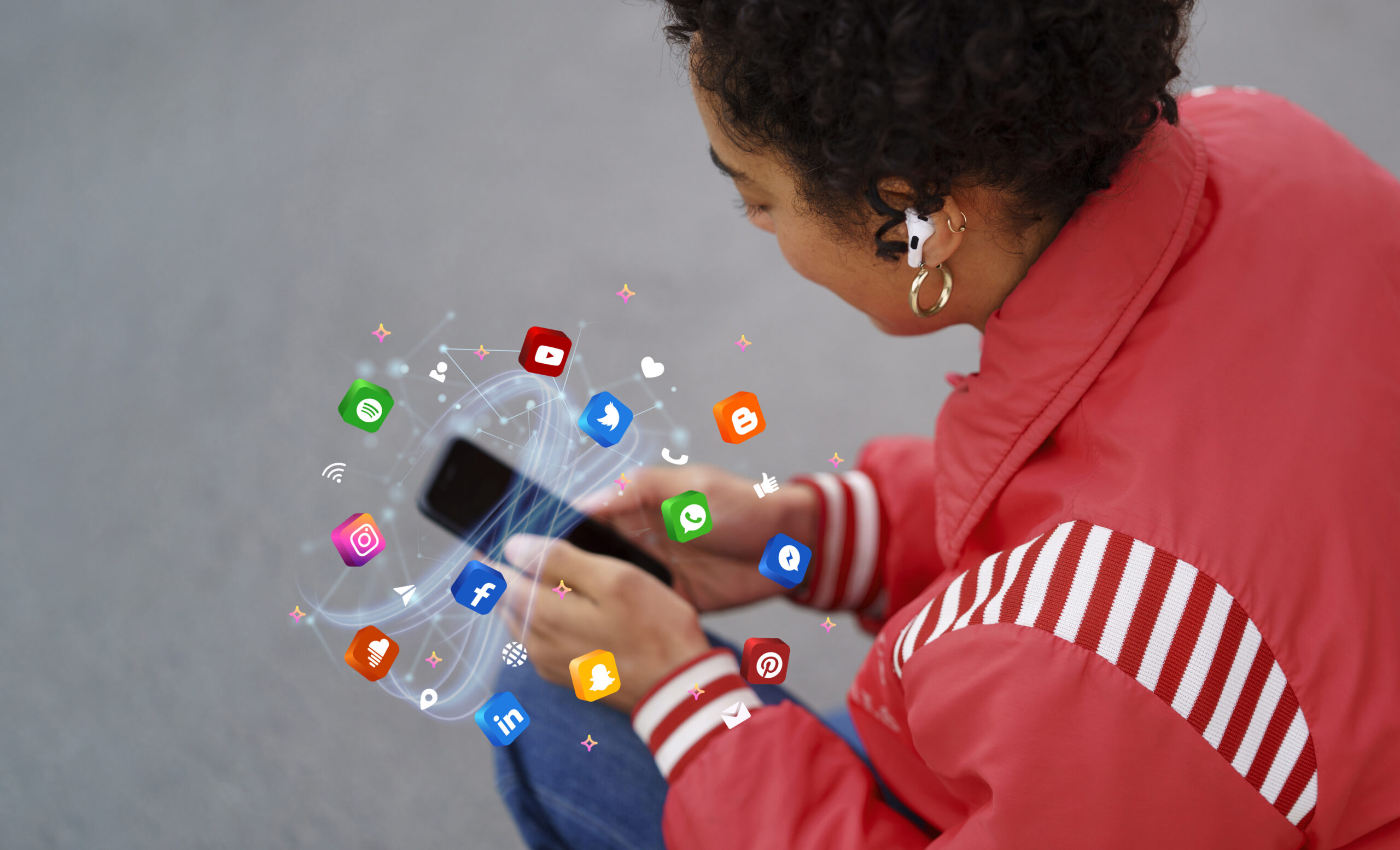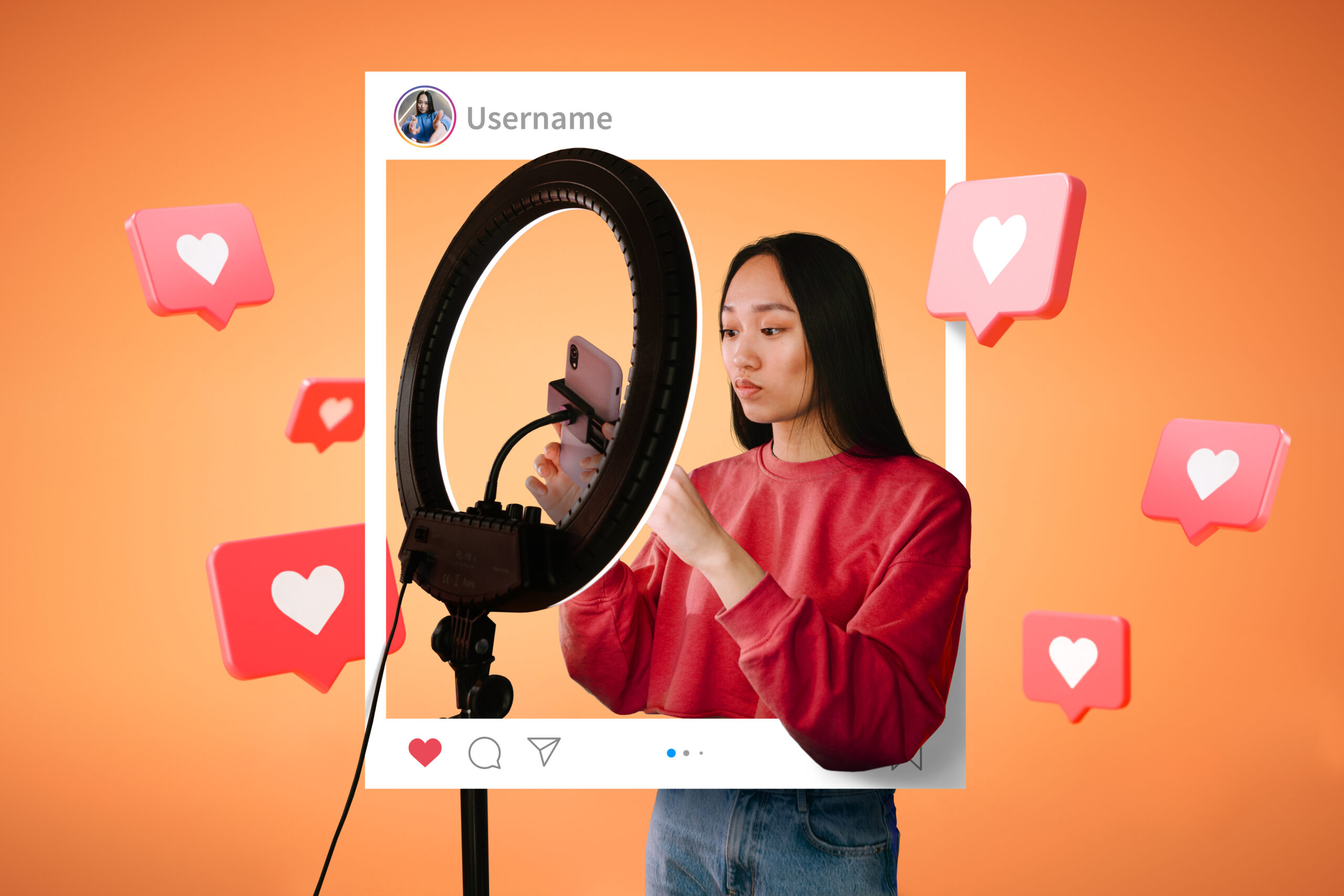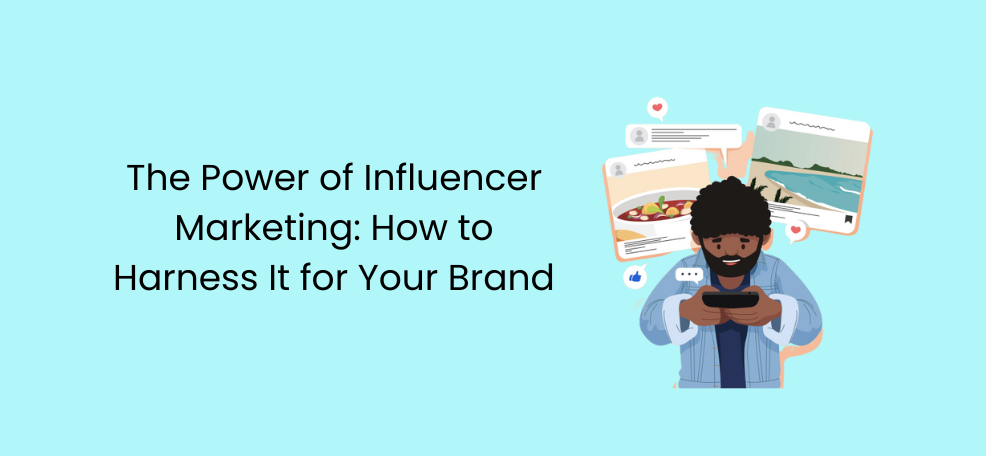As the world becomes increasingly customer-centric, providing exceptional customer service is no longer just a nice-to-have, it’s a must-have. The power of social media and online reviews means that one negative experience can quickly spiral into a public relations nightmare. That’s where influencer marketing comes in.
By partnering with influencers who have established credibility and trust with their followers, brands can not only promote their products or services but also tap into the influencer’s loyal fanbase to provide exceptional customer service. Influencers can serve as brand ambassadors, responding to customer inquiries and providing feedback in a timely and personalized manner.
In this blog post, we’ll explore how influencer marketing can be used to enhance customer service, improve brand reputation, and ultimately drive sales. We’ll also provide practical tips on how to identify the right influencers, establish strong partnerships, and measure the success of your influencer marketing campaigns. So, whether you’re a small business or a multinational corporation, read on to discover how influencer marketing can take your customer service to the next level.
What are Influencers?
An influencer is any person who has the power to influence the purchasing decisions and behaviours of their followers on social media, blogs, or other online platforms. Typically, these persons have built a large and engaged following around a specific topic or niche and are often seen as more trustworthy and authentic than traditional advertising.

Here are some common types of influencers:
- Mega influencers: over 1 million followers, usually celebrities or social media stars, expensive but can reach a large audience.
- Macro influencers: 100,000-1 million followers, often niche experts with engaged followers.
- Micro influencers: 10,000-100,000 followers, regular people with a following built on expertise or passion.
- Nano influencers: less than 10,000 followers, often local influencers with highly engaged followers.
- Celebrities: have millions of followers and high influence, but are expensive and may not be as effective at driving engagement or conversions as other types of influencers.
Does Influencer Marketing Have any Impact on Customer Service?
Influencer marketing can be a valuable strategy for enhancing customer service. Partnering with influencers who have established credibility and trust with their followers is a sure way for brands to provide exceptional customer service and build strong relationships with their audience.
One way that influencer marketing can enhance customer service is by using influencers to address customer complaints and concerns. They can serve as a bridge between the brand and its customers, responding to inquiries in a timely and personalized manner. This not only helps to alleviate any negative experiences but also demonstrates to customers that the brand cares about their needs and concerns.
Another way that influencer marketing can improve customer service is by providing customers with access to exclusive deals and promotions. Influencers can share exclusive discount codes or early access to new products with their followers, which can incentivize customers to engage with the brand and make purchases. This not only helps to drive sales but also creates a sense of exclusivity and appreciation among customers.
Moreover, influencer marketing can also enhance customer service by providing customers with relevant and helpful information. Influencers can create content that answers common questions or provides valuable tips and advice related to the brand’s products or services while inspiring feedback in the form of user-generated content. This not only helps customers to better understand the brand but also positions the influencer as a reliable and authoritative source of information.
What are the Benefits of Influencer Marketing?
Influencers have become increasingly popular for good reason. They can help businesses of all sizes reach and engage with their target audiences in unique and personable ways. They offer so many benefits to brands including the following:
Increased brand awareness
Influencers have established audiences that trust and value their opinions. Partnering with an influencer can help your brand reach new audiences and increase brand awareness. When an influencer shares content about your brand, their followers are likely to take notice and become more familiar with your products or services.

Improved brand credibility
Influencers have built their followings by consistently sharing high-quality content that resonates with their audience. Partnering with an influencer can help improve your brand’s credibility by association. When an influencer shares positive feedback about your brand, it can help build trust and credibility among their followers.
Higher engagement rates
Influencer content tends to have higher engagement rates than traditional advertising. This is because followers trust and value the influencer’s opinion and are more likely to engage with the content they share. Partnering with an influencer can help your brand achieve higher engagement rates, which can lead to increased brand awareness and sales.
More authentic and relatable content
Influencer content is often more authentic and relatable than traditional advertising. Influencers are known for their creativity and ability to connect with their audience in an authentic way. When an influencer shares content about your brand, it can help create a more authentic and relatable brand image.
Access to new audiences
Influencers have followers from all over the world and from different age groups, interests, and backgrounds. Partnering with an influencer can help your brand reach new audiences that you may not have been able to reach through traditional marketing channels. This can help you expand your reach and grow your business.
How to Identify the Right Influencers for Your Brand
With so many influencers out there, it can be challenging to know which ones are the right fit for your brand. Read through these steps to learn how to identify influencers that fit your brand.
Define your target audience: The first step is to understand who your target audience is. Consider demographics such as age, gender, location, interests, and behaviours. Knowing who you want to reach will help you identify the influencers who can help you connect with them.
Set your campaign goals: Next, identify your campaign goals. Are you looking to increase brand awareness, generate leads, or drive sales? Your campaign goals will help you determine the type of influencer you need to work with and the metrics you need to measure success.
Use social media listening tools to identify potential influencers: Social media listening tools can help you identify influencers who are already talking about your brand or products. You can also use these tools to find influencers who are talking about topics related to your brand.
Evaluate potential influencers’ engagement, reach, and relevance: Once you have identified potential influencers, evaluate their engagement, reach, and relevance. Look at the number of followers they have, their engagement rates, and how their content aligns with your brand values and messaging.
Consider influencers’ content quality and authenticity: Finally, consider the quality and authenticity of the influencer’s content. Look at their previous collaborations and determine if they fit with your brand’s image. Authenticity is key when it comes to influencer marketing, so make sure the influencer’s content feels genuine and not forced.
If you do things rightly, an influencer can be the game changer for your marketing campaign. Of course, this depends on your budget, goals and marketing needs.
It is important to note that influencer marketing harnesses the power of human interaction and as such, discrepancies may happen in the course of interacting with an influencer. In order to ensure that you get the best value out of influencer marketing, you need to be familiar with the best practices for handling influencer-led campaigns.

Best Practices for Influencer Campaigns
- Clearly Define Campaign Objectives: Before launching an influencer campaign, it’s crucial to define your campaign objectives. These objectives could be increasing brand awareness, driving traffic to your website, boosting sales, or any other measurable goals. Clear objectives will help you evaluate campaign success and determine the ROI.
- Develop a Clear and Concise Brief for Influencers: When working with influencers, it’s important to provide a clear and concise brief that outlines your campaign goals, expectations, and guidelines. This brief should include details such as content format, posting frequency, hashtag usage, and any specific requirements or restrictions. A clear brief ensures that your influencers are aligned with your campaign goals and will deliver content that meets your expectations.
- Ensure Influencer Content Aligns with Your Brand Values and Messaging: Influencer marketing can be a powerful tool for building brand credibility and authenticity. However, it’s important to ensure that the content created by influencers aligns with your brand values and messaging. This helps maintain consistency and reinforces your brand image to your target audience.
- Monitor and Measure Campaign Success: Measuring campaign success is essential to evaluate the effectiveness of your influencer marketing campaigns. Use analytics tools to track metrics such as reach, engagement, and conversions. This data visually presented using a marketing analytics report template can help you identify areas for improvement and optimize future campaigns.
- Build Long-Term Relationships with Influencers: Building long-term relationships with influencers can be beneficial for your brand in the long run. By working with the same influencers repeatedly, you can establish a sense of trust and loyalty, which can lead to more authentic and effective content. Long-term relationships can also help you save time and resources in the long run by streamlining the collaboration process.
Conclusion
If you’re looking to grow your brand and stay ahead of the competition, incorporating influencer marketing into your digital strategy is an important step. By investing time and resources into this approach, you can create a powerful and effective marketing campaign that resonates with your target audience.
So, take the time to identify the right influencers, develop strong relationships with them, and continuously measure and improve your campaigns. By doing so, you’ll be able to reap the benefits of influencer marketing and achieve your business goals.


